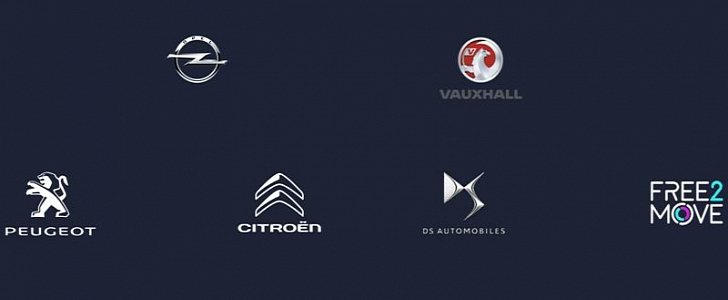According to some analysts, the era of big fish eating little fish in the automotive industry was long gone, but it seems that they were wrong, as the PSA Group has actually decided to buy Opel and Vauxhall from General Motors.
The rumors surrounding the acquisition first emerged a couple of weeks ago, being officially confirmed by both Peugeot Citroen and GM just a few days later. Obviously, the acquisition is yet to close and is currently subject to anti-trust and other regulatory approvals, but it would be safe to say it's pretty much a done deal.
“We are proud to join forces with Opel/Vauxhall and are deeply committed to continuing to develop this great company and accelerating its turnaround,” said Carlos Tavares, chairman of the Managing Board of PSA. “We respect all that Opel/Vauxhall’s talented people have achieved as well as the company’s fine brands and strong heritage. We intend to manage PSA and Opel/Vauxhall capitalizing on their respective brand identities. Having already created together winning products for the European market, we know that Opel/Vauxhall is the right partner. We see this as a natural extension of our relationship and are eager to take it to the next level.”
Somewhat surprisingly, the transaction valued GM's Opel/Vauxhall subsidiary at only 1.3 billion euros ($1.38 billion), with another 0.9 billion euros to be paid for GM Financial's European operations.
That seems an awfully low fee for one of the oldest carmakers in the world, but, as we mentioned before, Opel is not in the rosiest spot when it comes to making a profit.
Still, the biggest news surrounding the acquisition is that the resulting car giant will become the second-largest automotive company in Europe, with a market share of around 17 percent. That doesn't mean a lot of good things for Volkswagen, but there a lot of people who trust in Carlos Tavares' plan of action in the long run.
Apparently, the transaction will result in economies of scale and synergies in purchasing, manufacturing, and R&D. No less than 1.7 billion euros ($1.8 billion) are expected in annual synergies between the two by 2026, which is somewhat surprising since they are higher than what Peugeot Citroen paid for Opel/Vauxhall.
Apart from that, the French also expect Opel/Vauxhall to reach an operating margin of 2 percent by 2020 and 6 percent by 2026. The year 2020 is also when the German carmaker is expected to finally generate a positive operational free cash flow, something that it hasn't managed to do since 1999.
When it comes to possible loose ends in Australia (Holden) and the U.S. (Buick), the PSA Group mentions that existing supply agreements will continue. Holden may get electrification technologies in the long run, Buick models will continue, and a long-term supply of fuel cell systems from the GM/Honda joint venture is also possible.
“We are proud to join forces with Opel/Vauxhall and are deeply committed to continuing to develop this great company and accelerating its turnaround,” said Carlos Tavares, chairman of the Managing Board of PSA. “We respect all that Opel/Vauxhall’s talented people have achieved as well as the company’s fine brands and strong heritage. We intend to manage PSA and Opel/Vauxhall capitalizing on their respective brand identities. Having already created together winning products for the European market, we know that Opel/Vauxhall is the right partner. We see this as a natural extension of our relationship and are eager to take it to the next level.”
Somewhat surprisingly, the transaction valued GM's Opel/Vauxhall subsidiary at only 1.3 billion euros ($1.38 billion), with another 0.9 billion euros to be paid for GM Financial's European operations.
That seems an awfully low fee for one of the oldest carmakers in the world, but, as we mentioned before, Opel is not in the rosiest spot when it comes to making a profit.
Still, the biggest news surrounding the acquisition is that the resulting car giant will become the second-largest automotive company in Europe, with a market share of around 17 percent. That doesn't mean a lot of good things for Volkswagen, but there a lot of people who trust in Carlos Tavares' plan of action in the long run.
Apparently, the transaction will result in economies of scale and synergies in purchasing, manufacturing, and R&D. No less than 1.7 billion euros ($1.8 billion) are expected in annual synergies between the two by 2026, which is somewhat surprising since they are higher than what Peugeot Citroen paid for Opel/Vauxhall.
Apart from that, the French also expect Opel/Vauxhall to reach an operating margin of 2 percent by 2020 and 6 percent by 2026. The year 2020 is also when the German carmaker is expected to finally generate a positive operational free cash flow, something that it hasn't managed to do since 1999.
When it comes to possible loose ends in Australia (Holden) and the U.S. (Buick), the PSA Group mentions that existing supply agreements will continue. Holden may get electrification technologies in the long run, Buick models will continue, and a long-term supply of fuel cell systems from the GM/Honda joint venture is also possible.

